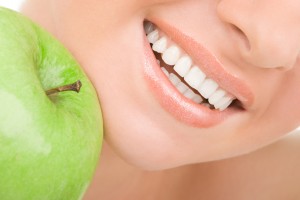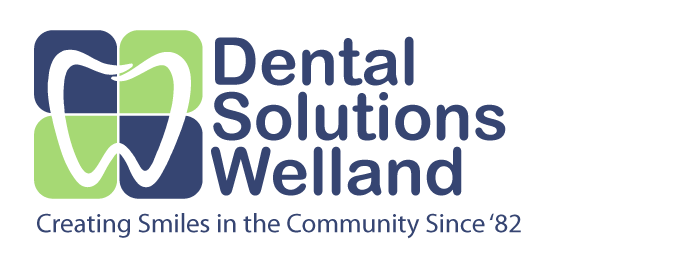Nutrition
Nutrition for Children and Adults
 When your child eats or drinks sugary substances, bacteria in their mouths mix with the sugars to make an acidic substance. This acid attacks the hard outer layer of teeth, otherwise known as enamel. It can make holes (or cavities) in the teeth.
When your child eats or drinks sugary substances, bacteria in their mouths mix with the sugars to make an acidic substance. This acid attacks the hard outer layer of teeth, otherwise known as enamel. It can make holes (or cavities) in the teeth.
The damage that sugars do depends on how much sugar goes into the mouth and how long it stays in the mouth. Many healthy foods contain natural sugars. eg; milk,unsweetened fruit juices. If you are actively brushing after consuming sugary treat, it will help to prevent the damage caused to your teeth.
Also, check to see if liquid medicines (such as cough syrup) have sugars. If you ask your doctor, they are able to prescribe you sugar-free alternatives.
Your Checklist for Healthy Mouths
A healthy lunch and snack should definitely be part of your regular eating habits. When you are eating a meal, there is more saliva in the mouth. This helps to wash away the sugars.
A good nutrition program includes:
- Choosing foods from all food groups to get vitamin A. This is necessary for the formation of tooth enamel or vitamin C which is essential for healthy gums.
- Cheese, yogurt and milk, which all contain calcium, a mineral that strengthens teeth and can help prevent cavities
- Smart snacking between meals
- Drinking milk, water or pure fruit juices instead of “sport” or carbonated drinks
- Cutting down on sugar
- A visit to your dentist every six months
Here are a few tips to cut down on sugar:
- Make unsweetened, unflavoured milk or water your first choices
- Try fresh or unsweetened canned fruits and vegetables; whole grain crackers and breads when selecting a snack
- Limit carbonated beverages and sweetened fruit juices, as they contain sugar and acids that cause tooth decay.
- Choose fruit for dessert
- Save sweets for mealtimes, when they are less likely to harm your child’s teeth and when saliva flow is greater
Smart Snacking
Growing children and teens often need more than three meals a day. Smart snacking will ensure they have the energy they need to keep energized to handle their busy schedules.
- Limit the amount of sugars you consume during the day
- Avoid sugary treats
- Avoid soft, sticky, gummy sweets that have a tendency to stick to your teeth
- If you’re going to eat something sweet, do it after dinner, while your mouth is actively producing saliva
- Drink lots of water between meals
- Serve vegetables, fruit and cheese for snacks
- Brush your teeth at least twice a day, especially before going to bed
If you want to maintain strong teeth for life, it is imperative to eat enough whole grain breads and cereals, fruits and vegetables and lean meats.
Some other healthy snack choices include:
- Nuts and seeds
- Peanut butter
- Cheese
- Plain yogurt
- Popcorn
Acid Erosion
Eating various foods and consuming acidic beverages contribute to acid erosion in the mouth. Acid erosion happens when food or drinks with a low pH level (more acidic) are eaten. The acid has the ability to stay in your mouth for a long time and slowly eat away at the enamel. This makes your teeth more susceptible to damage and often leads to increased sensitivity that may require treatment. The biggest causes of acid erosion seem to be soft drinks, orange juice and lemonade.
Nutrition Tips
- Avoid acidic food and drinks between meals; you are producing less saliva when you aren’t eating, so there is less protection available
- Don’t clean your teeth right after eating. If you brush while the acid is still in your mouth you are removing some of your teeth’s surface. If you wait about an hour the saliva will help your teeth battle the acid so it is safe to brush
- Try to finish your breakfast, lunch or dinner with a little cheese or milk as these products cut through the acid remnants in your mouth
